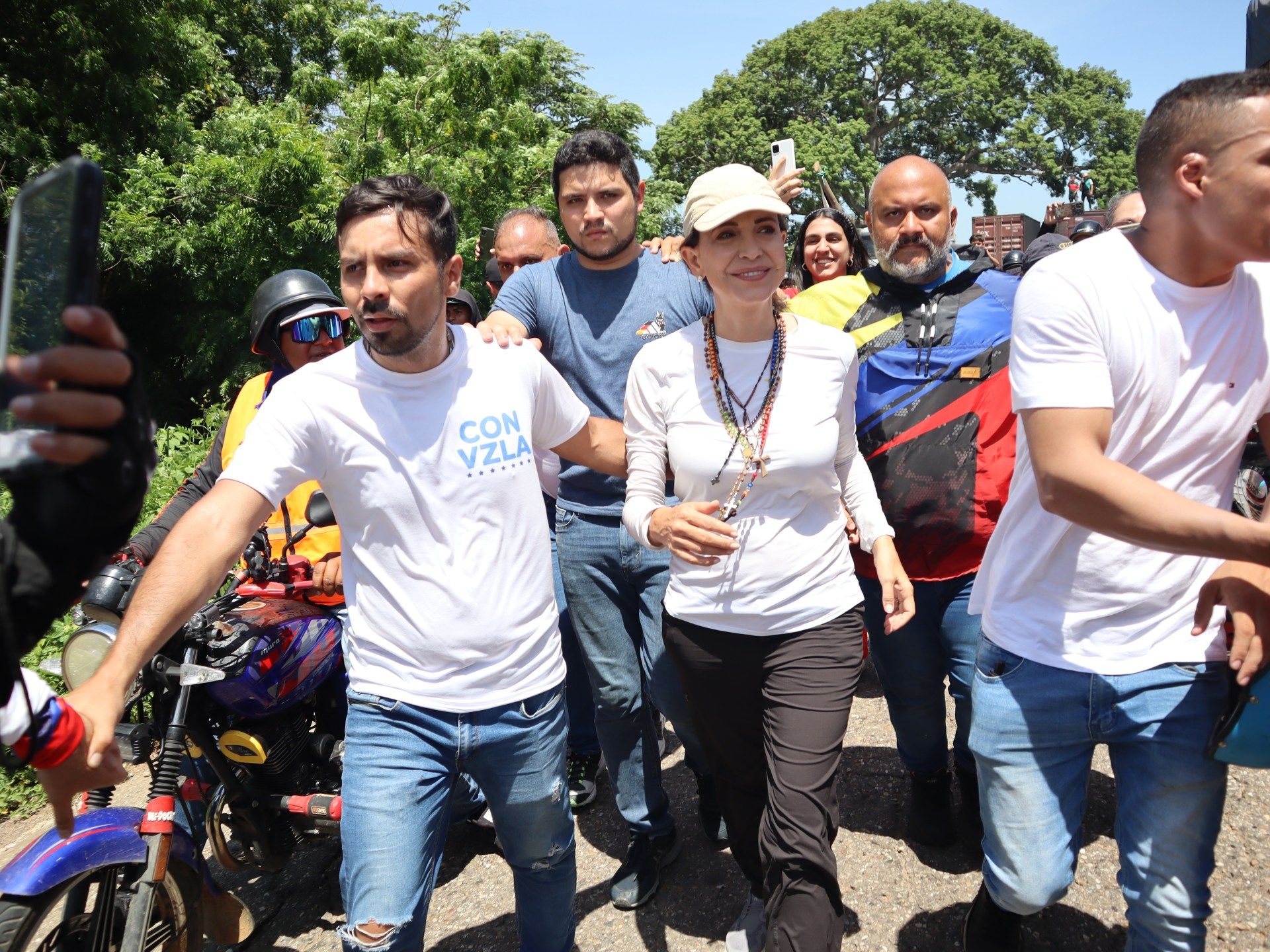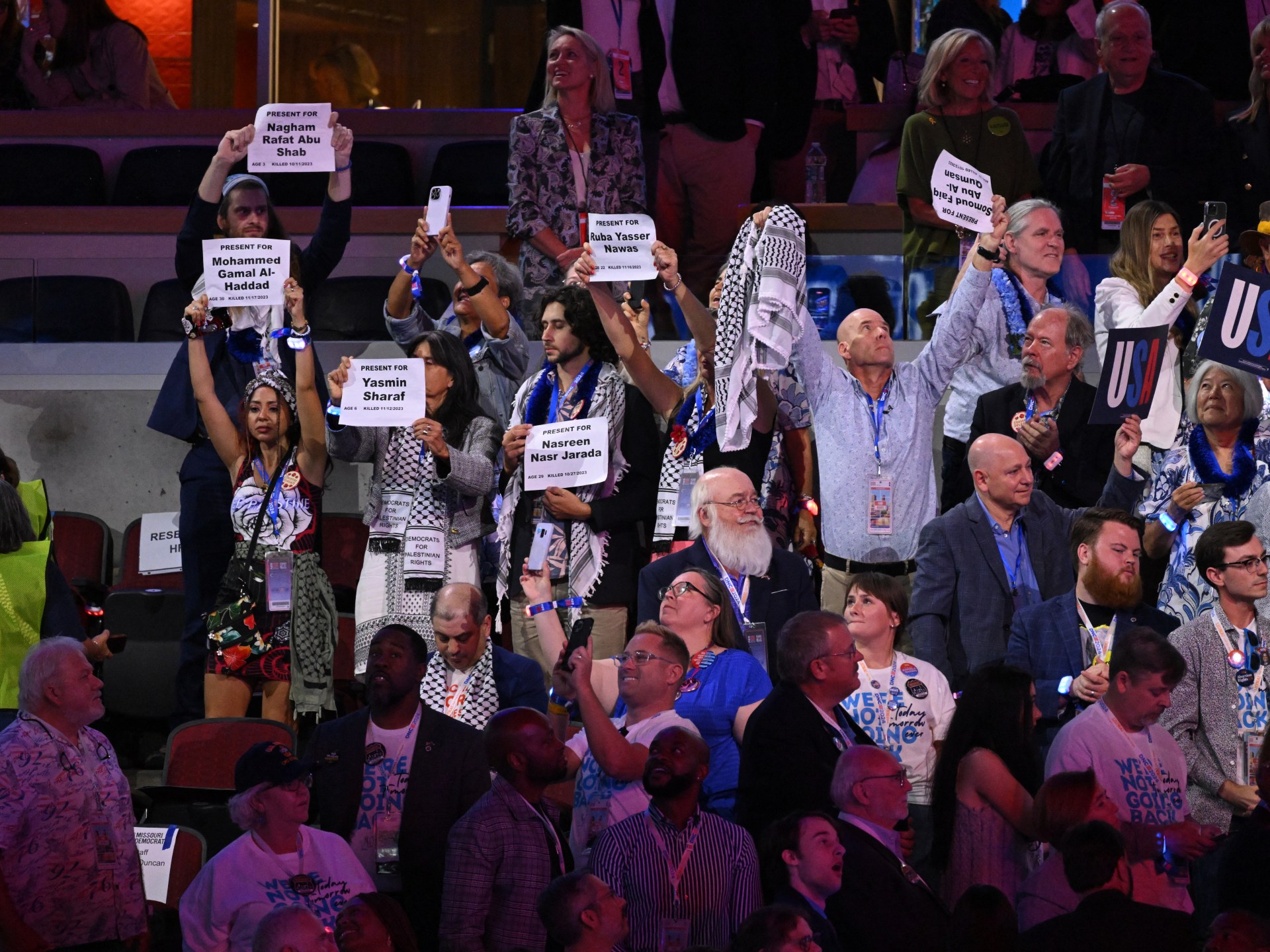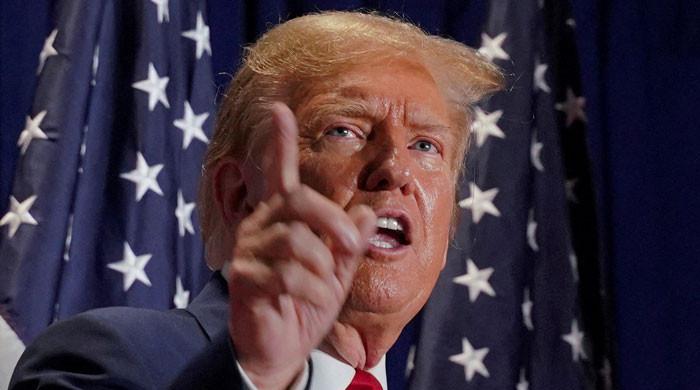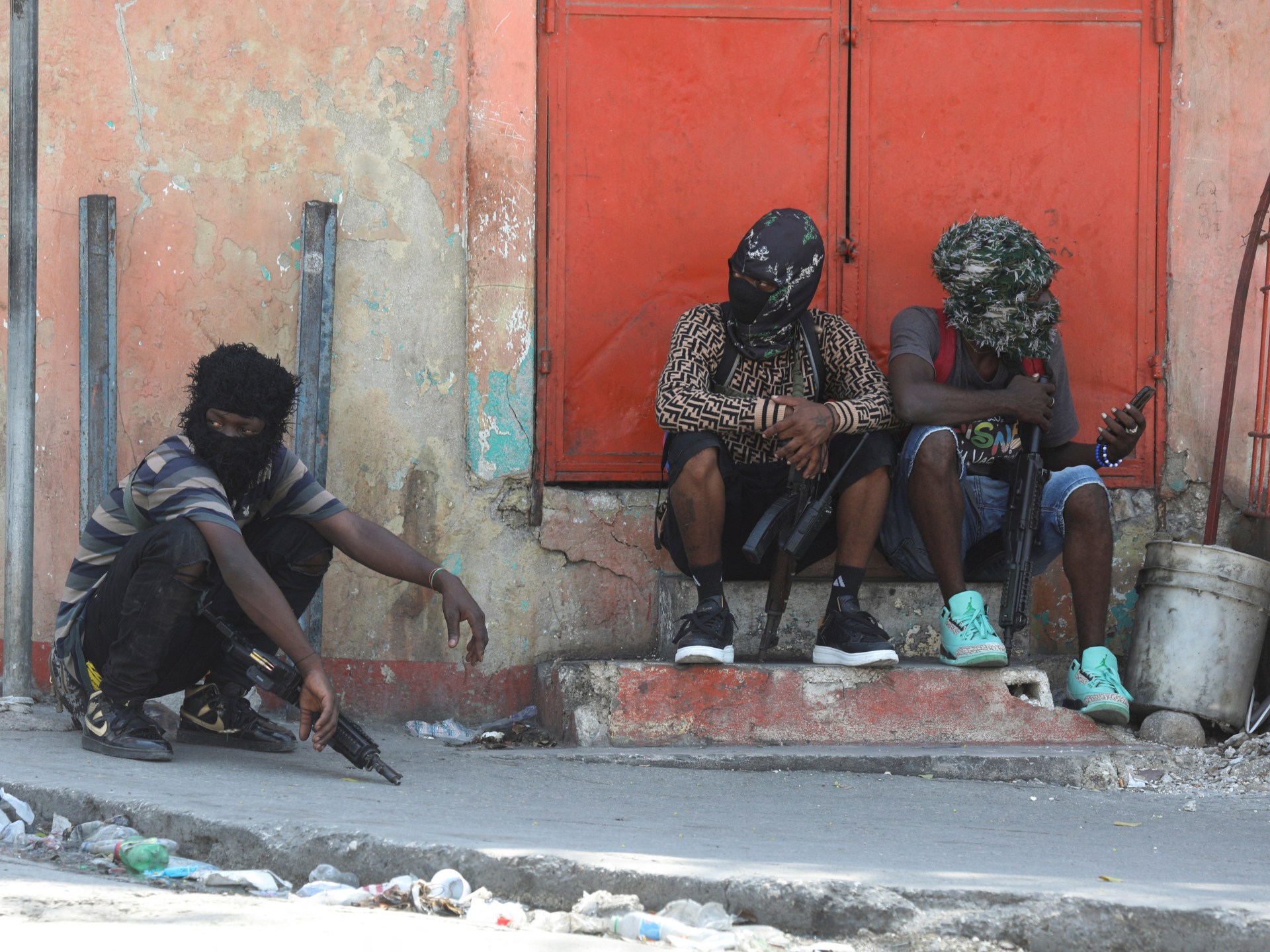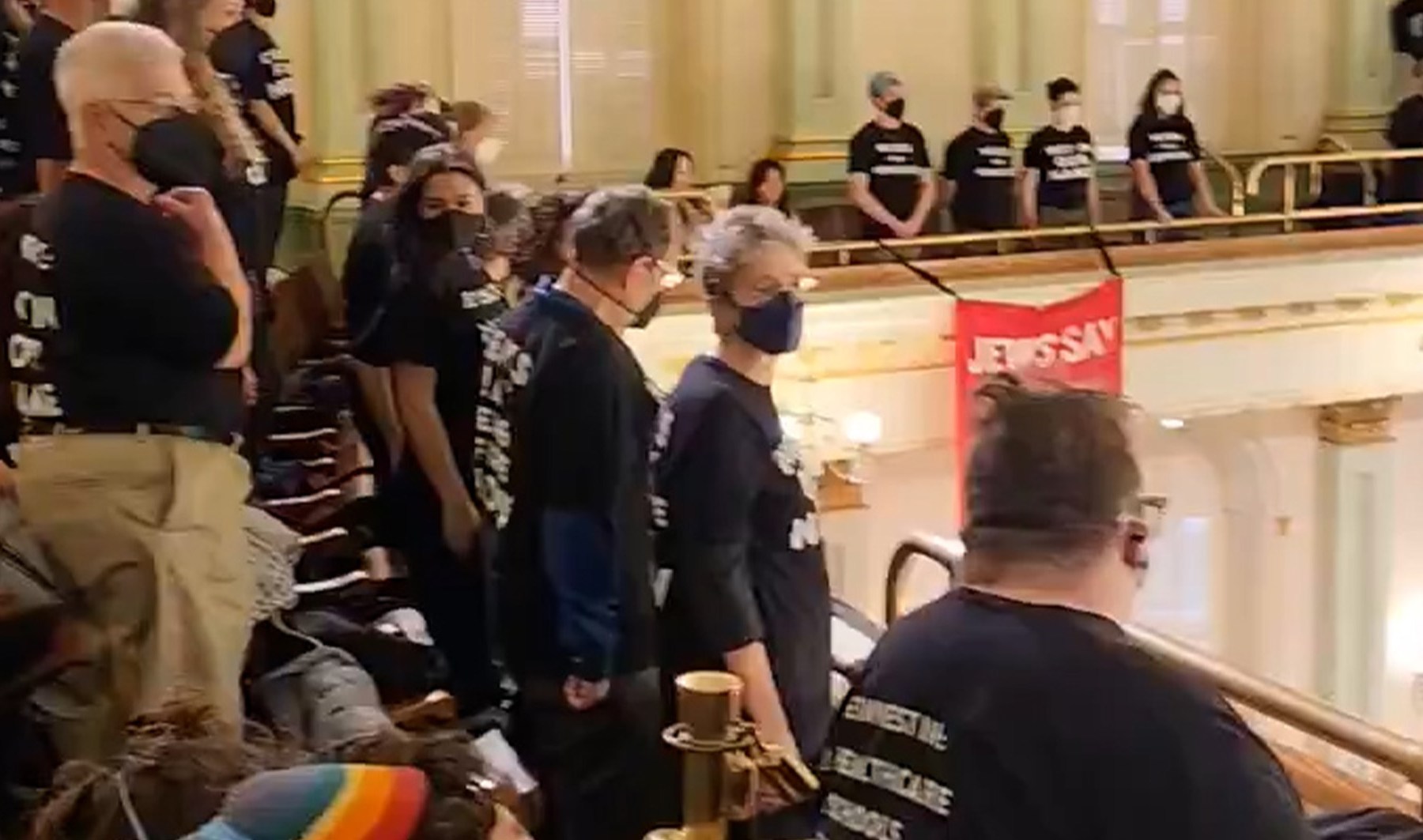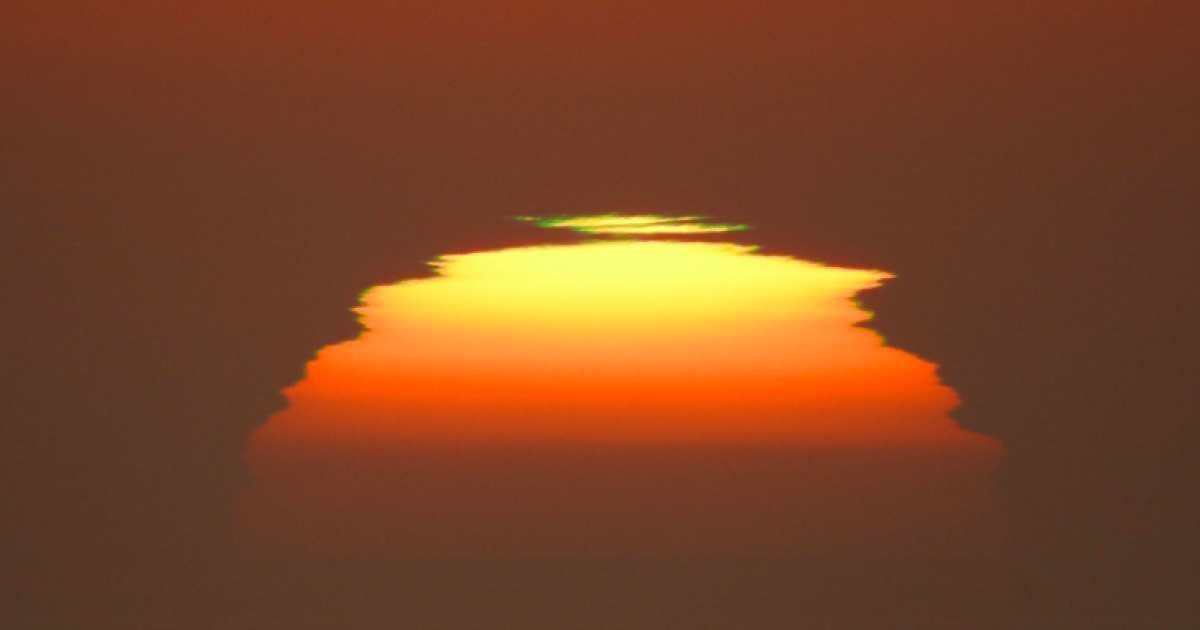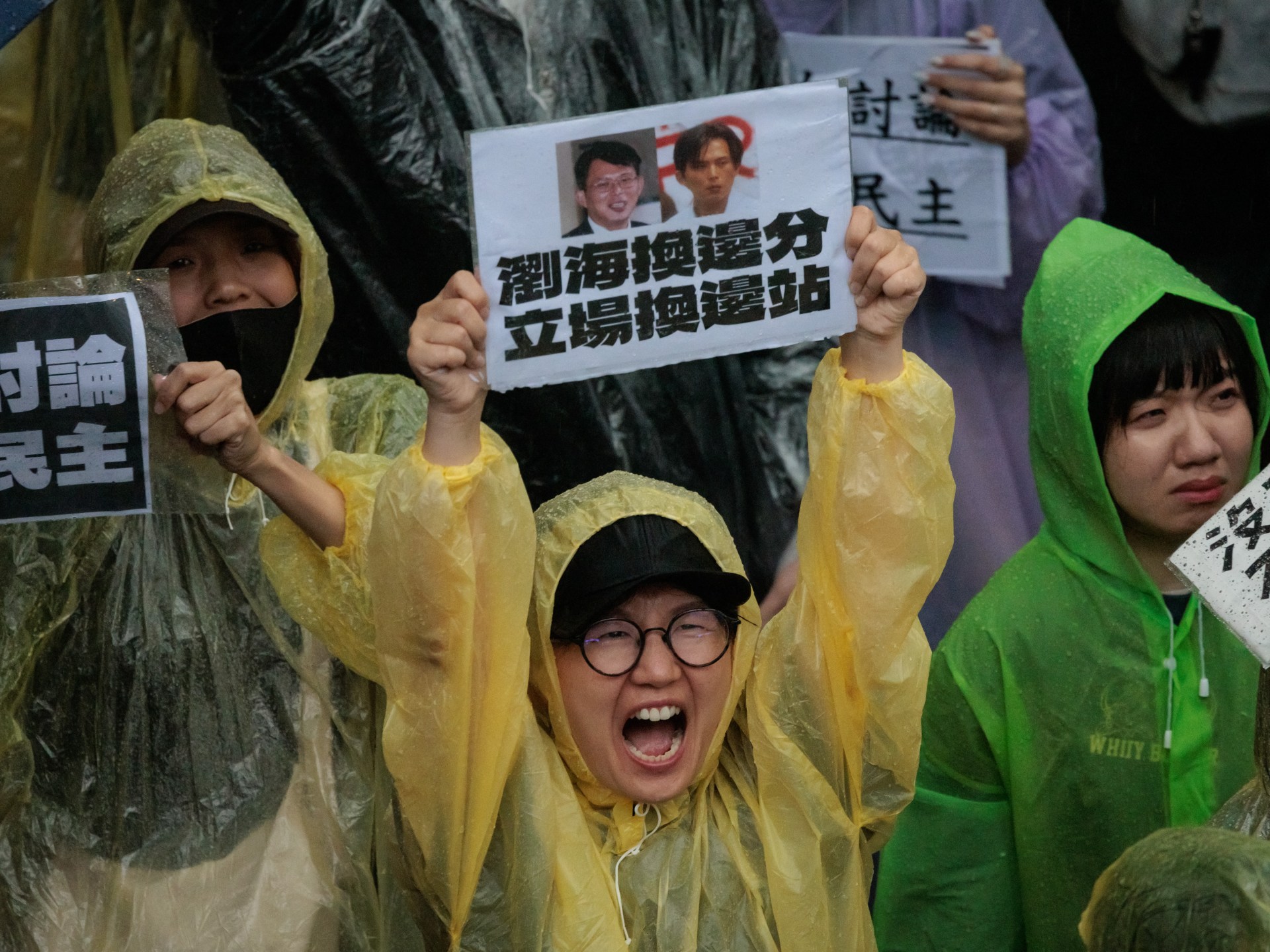Maracaibo Venezuela – The trip from Caracas, the Venezuelan capital, to the coastal city of Maracaibo should take just nine hours. However, for María Corina Machado, the journey took nearly 12 hours.
Machado, a popular opposition leader, had left Venezuela's presidential race in recent days to campaign on behalf of Edmundo González Urrutia, the candidate hoping to oust President Nicolás Maduro.
But as he traveled between cities, Machado noticed that government forces had blocked roads. Gas stations were mysteriously closed along his route.
Machado, however, has grown accustomed to such obstacles. As he explained at a press conference at his party's headquarters in Maracaibo on July 24, he sees the obstructions as the last gasp of an authoritarian government struggling to maintain its grip on power.
“This is a confession from a regime that knows it has been defeated,” Machado said, citing another example: attempts to deny accreditation to citizens who wish to act as electoral observers.
“But just as we have overcome all these obstacles, we will overcome this one too.”
Venezuelans go to the polls on Sunday to vote for president, but Maduro, the socialist president in power since 2013, has struggled in the polls, trailing far behind Gonzalez.
An opposition victory could end nearly a quarter-century of socialist rule. But opposition leaders like Machado warn that Maduro will not give up power without a fight.
They anticipate that the Maduro government will continue to sabotage their efforts, even if it means subverting democracy at the ballot box.
Beset by obstacles
Machado, however, is no stranger to Maduro's tactics. The 56-year-old, a former member of Venezuela's National Assembly, was once a front-runner in the presidential race.
Last October, she swept the opposition primaries with 92.5 percent of the vote. The Democratic Unitary Platform, the main opposition coalition, declared her its presidential candidate.
But Maduro's allies in the government tried to block her from taking office, accusing her of supporting U.S. sanctions, being involved in corruption and losing money from Venezuela's foreign assets.
In January, Venezuela's Supreme Court upheld the ban: Machado was effectively expelled from the race and has also been banned from flying.
Machado, however, has tried to mobilize voters in favor of his successor, Gonzalez. One of his recent campaign events in Maracaibo, Venezuela's second-largest city, attracted an estimated 200,000 spectators, according to Vente Venezuela, his political party.
But she remains a target, as is Gonzalez. Before Tuesday's demonstration in Maracaibo, Venezuelan national police arrested six people for organizing sound systems and transportation for her team.
In the end, their equipment was confiscated. Machado and his team had to make do without sound equipment and sometimes shouted to be heard over the crowd, but their voices were almost drowned out by the din.
Even members of her campaign have faced harassment. Since March, five of her aides have sought refuge in the Argentine embassy in Caracas to avoid arrest. They have been coordinating Machado’s campaign remotely from within the embassy walls.
Last week, Machado's security chief was also arbitrarily detained in what Machado described as “a kidnapping.” He was released the next day. In addition, his campaign vehicles were vandalized and his brake hoses were cut.

His team has grown accustomed to carrying hoses and fuel canisters on the road every time they travel, in case the government forces gas stations along the route to close.
“It’s not a typical campaign,” Oliver López Cano, a member of the campaign team, told Al Jazeera.
Still, Machado told Al Jazeera in a private conversation after the Maracaibo demonstration that he had received unexpected support as Maduro's popularity plummets.
For years, groups of motorcyclists known as “motorizados” roamed the streets, harassing members of the political opposition.
But Machado said some of the bikers have switched sides, fed up with economic and political instability under Maduro.
“All the motorcyclists were Chavistas,” Machado said, using a term that refers to followers of Hugo Chavez, Maduro’s predecessor and mentor.
She described how thousands of bikers, mostly men, have helped protect her campaign as she tours the country.
Even at government roadblocks, security forces sometimes hesitated to block his progress when they saw the motorcyclists he was riding with, Machado said. “They went from being a threat to being a shield.”

Targeting the bases
But opposition leaders are not the only individuals facing government backlash.
Critics accuse Maduro's government of targeting low-level political workers and even small business owners for their association with the opposition.
In the three weeks since the start of the campaign season on July 4, Venezuelan human rights organization Foro Penal has documented 149 cases of arbitrary detentions for political reasons.
One such case involved a man named Aldo Roso Vargas, an activist with Voluntad Popular, an opposition party.
He was arrested on his way to an opposition campaign event in Caracas earlier this month, accused of trying to destabilise the electricity system.
Gonzalo Himiob Santome, co-founder and vice president of the Penal Forum, said that examples like Roso's are an illustration of how far the Maduro government is willing to go to stay in power.
“The government’s intention is to intimidate anyone who shows closeness to the opposition movement in one way or another,” Himiob said.
Even restaurant owners and drivers who have provided services to opposition figures have faced intimidation by the government and its allies.
That was the case of the Plaza Real Grill in San Cristóbal, the capital of the state of Táchira, Venezuela.
César Pérez Vivas, brother of the owners of the restaurant, said that Venezuelan tax authorities preventively closed the restaurant on false charges of tax fraud, shortly before the planned visit of Machado and González.
Perez, a former state governor, believes his brothers were targeted because of their ties to the opposition. He is a staunch supporter of Machado and has been barred from running for public office again.
“I am the one who makes politics in the family, not them,” he said angrily.
He added that Maduro's government has always been violent in its repression of the opposition, “but in this campaign it has reached new levels.”

An ominous warning
Maduro himself has been hinting in recent weeks at an escalation of violence as his campaign for a third term falters.
At a campaign rally on July 17, Maduro warned voters that war could break out if the opposition wins.
“If we do not want Venezuela to fall into a bloodbath, into a fratricidal civil war, because of the fascists, let us ensure the greatest success, the greatest electoral victory in the history of our people,” he told the crowd.
That “bloodbath” statement sent shockwaves across the region, with world leaders including Brazilian President Luiz Inácio Lula da Silva warning Maduro against undemocratic measures.
Himiob, leader of the Penal Forum, expects Venezuelans to face greater repression in the coming days.
“If people took to the streets, the government would not hesitate to violently repress them to maintain control,” Himiob predicts.
Questions have already been raised about the integrity of the vote. Critics have pointed out that some polling stations have been closed and others have been renamed, in what the opposition believes is an attempt to confuse voters.
The ballot itself is expected to feature Maduro's image 13 times (above the names of 13 different parties), compared with just three appearances by Gonzalez.
Earlier this week, the government blocked five local news channels critical of the administration, further hampering the flow of information ahead of the vote.
Still, opposition leaders and their supporters are hoping for a landslide victory at the polls.
That outlook keeps a spark of optimism alive in Roso, the jailed activist. Speaking to Al Jazeera through a relative who asked to remain anonymous, Roso explained that he has difficulty breathing in his cell and has contracted a fever since his arrest.
The relative added that Roso was prevented from communicating with his family during the first eight days of his detention and continues to be denied access to a lawyer of his choice.
His loved ones are now able to bring him food, clothes and medicine, but his future remains uncertain. He and his family say they have only one hope: Sunday's elections.

